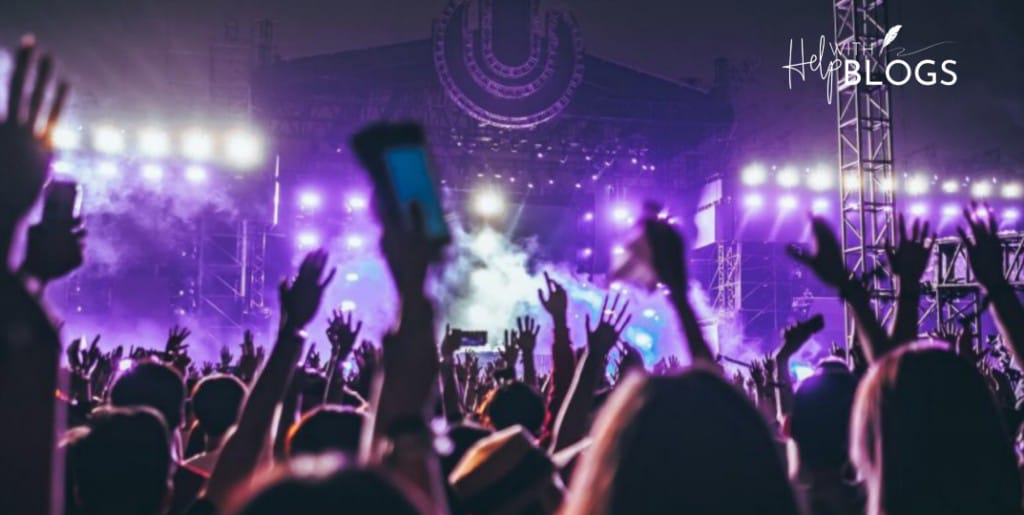Innovative Event Tech: A Look at the Latest Gadgets and Software
Introduction
In the fast-paced world of event planning, technology plays a pivotal role in creating immersive and memorable experiences for attendees. From cutting-edge gadgets to groundbreaking software solutions, event tech continues to revolutionize the industry. In this blog, we'll explore some of the most innovative event technologies that are shaping the future of event management. Whether you're an event planner or an enthusiastic attendee, these exciting advancements are sure to captivate your imagination and enhance the way events are executed.
- Virtual and Augmented Reality Experiences
Virtual and augmented reality (VR/AR) have evolved from mere novelties to integral components of modern events. These technologies offer immersive experiences that engage participants on a whole new level. Imagine attendees exploring a trade show floor without leaving their homes or joining a concert where they can interact with virtual elements and performers in real-time. VR and AR are also used to enhance training sessions, workshops, and team-building activities, making them more engaging and effective.
- AI-Powered Event Assistants
Artificial Intelligence (AI) has made its way into event planning through AI-powered event assistants. These smart assistants can handle tasks such as event scheduling, attendee engagement, and data analysis. They can answer questions, provide personalized recommendations, and even help with event logistics. AI-powered assistants streamline event management processes, allowing planners to focus on strategic decisions while ensuring attendees receive timely and relevant information.
- Event Mobile Apps
Event mobile apps have become a staple for modern gatherings. These apps consolidate essential event details like schedules, maps, speaker information, and social networking features into one convenient platform. Attendees can personalize their experience, receive real-time updates, and network with other participants. Meanwhile, event organizers can leverage data from these apps to improve future events, understand attendee preferences, and measure engagement.
- RFID and NFC Technology
Radio Frequency Identification (RFID) and Near Field Communication (NFC) technology have transformed event check-ins and interactions. Instead of traditional paper tickets, attendees receive RFID wristbands or NFC-enabled badges, streamlining access control and reducing waiting times. These technologies also enable cashless payments and enhance networking opportunities by allowing participants to exchange contact information with a simple tap.
- Interactive Projection Mapping
Projection mapping is an innovative technique that transforms ordinary objects and surfaces into captivating visual displays. Event planners are leveraging this technology to create interactive installations, captivating stage designs, and immersive brand experiences. From projecting graphics onto buildings to animating products at product launches, interactive projection mapping is pushing the boundaries of creativity in event design.
- Live Streaming and Hybrid Events
The pandemic-induced shift towards virtual events accelerated the adoption of live streaming technology. Hybrid events that combine in-person and virtual components have emerged as a popular trend, catering to diverse audience preferences. Live streaming platforms enable remote attendees to participate in real-time, attend keynote speeches, and engage with event content from anywhere in the world.
- Crowdshaping and Gamification
Event gamification has proven to be an effective way to increase attendee engagement and participation. Using crowdshaping techniques, event planners can harness attendee data and preferences to tailor experiences and content. Gamification elements, such as leaderboards, challenges, and rewards, encourage attendees to explore the event, interact with sponsors, and connect with fellow participants.
- 3D Printing for Event Swag and Décor
3D printing has revolutionized the way event swag and décor are produced. With the ability to create personalized and unique items, 3D printing allows event planners to offer memorable and customizable souvenirs to attendees. Moreover, 3D printing can be used to fabricate intricate decorations and props, adding a touch of innovation and creativity to event spaces.
- Social Media Walls and User-Generated Content
Social media walls aggregate posts from various social media platforms, allowing attendees to see real-time updates and share their experiences. User-generated content plays a significant role in enhancing event engagement and building a sense of community among attendees. Event organizers can leverage these platforms to showcase attendees' content, encourage interactions, and increase event visibility online.
Conclusion
The ever-evolving landscape of event technology continues to shape the way we plan, execute, and experience events. From virtual and augmented reality to AI-powered assistants, these innovations have revolutionized the industry and opened up new possibilities for creating unforgettable event experiences. Embracing these cutting-edge gadgets and software solutions will undoubtedly set event planners apart, ensuring their events remain at the forefront of innovation and leave a lasting impact on attendees. As we look to the future, the intersection of technology and event management promises to bring even more exciting advancements, transforming the way we celebrate, connect, and learn together.

